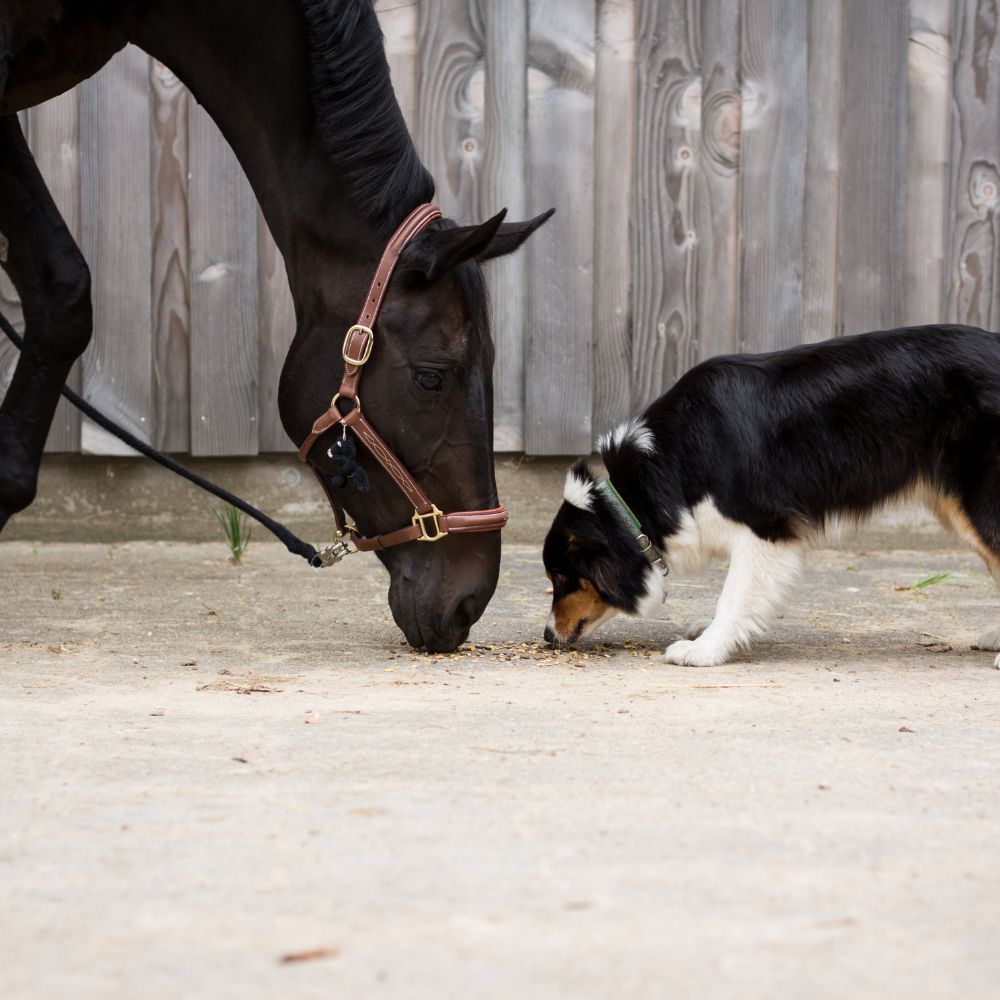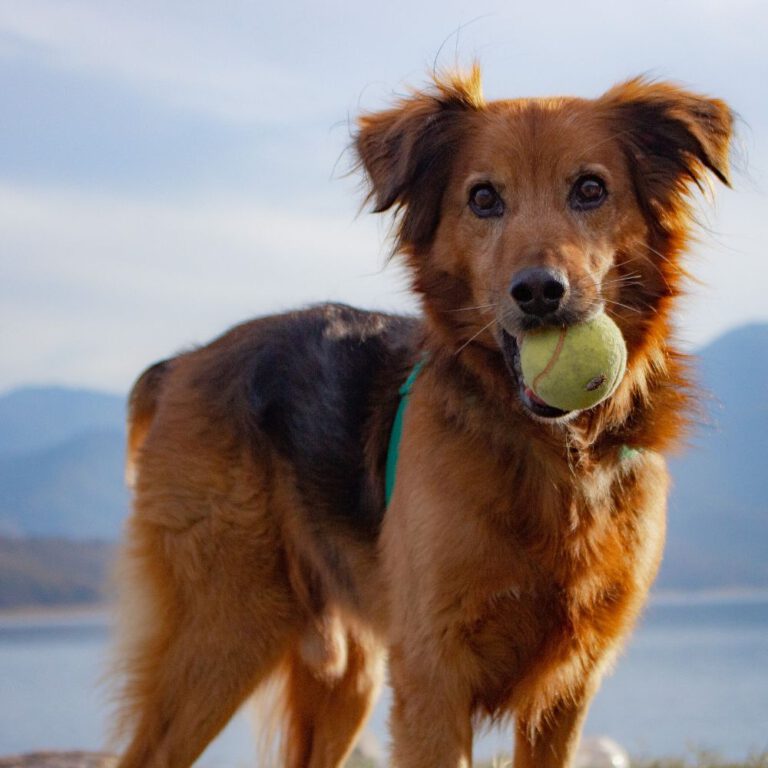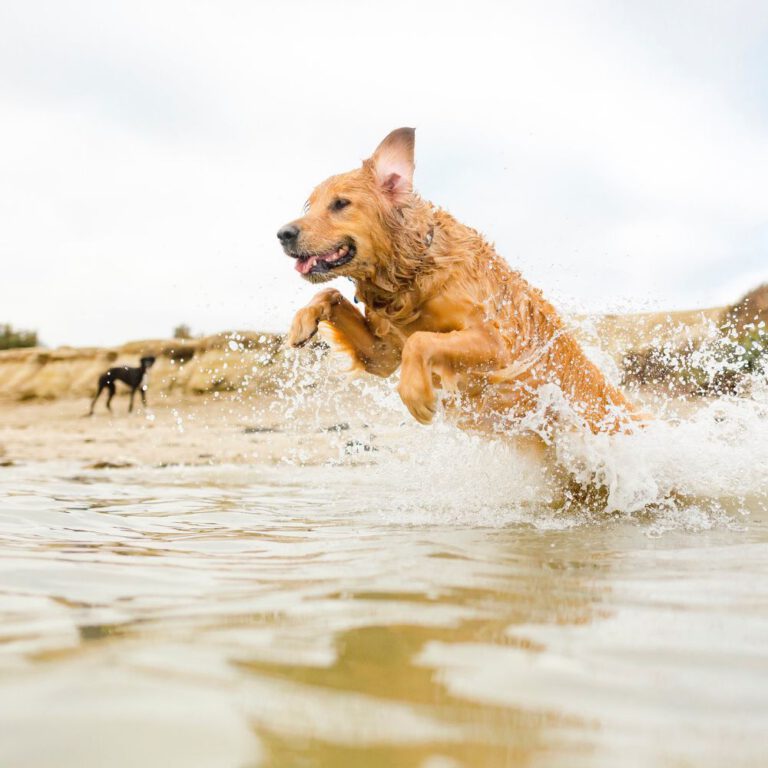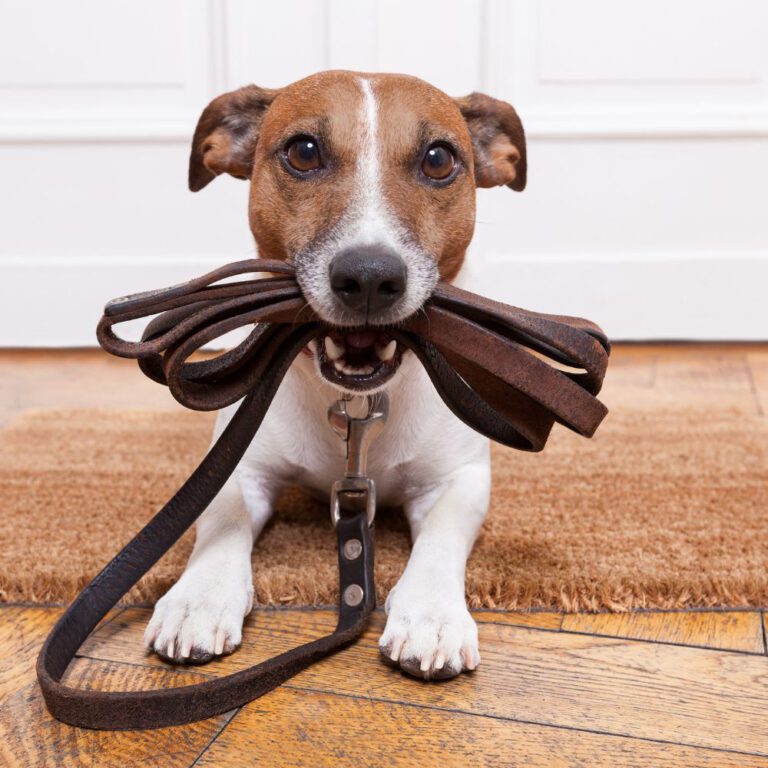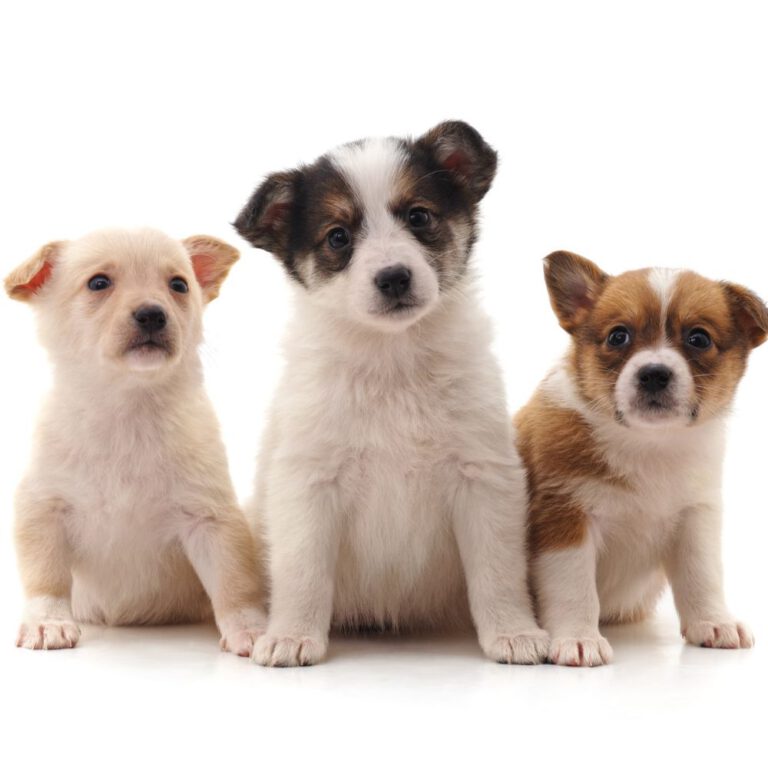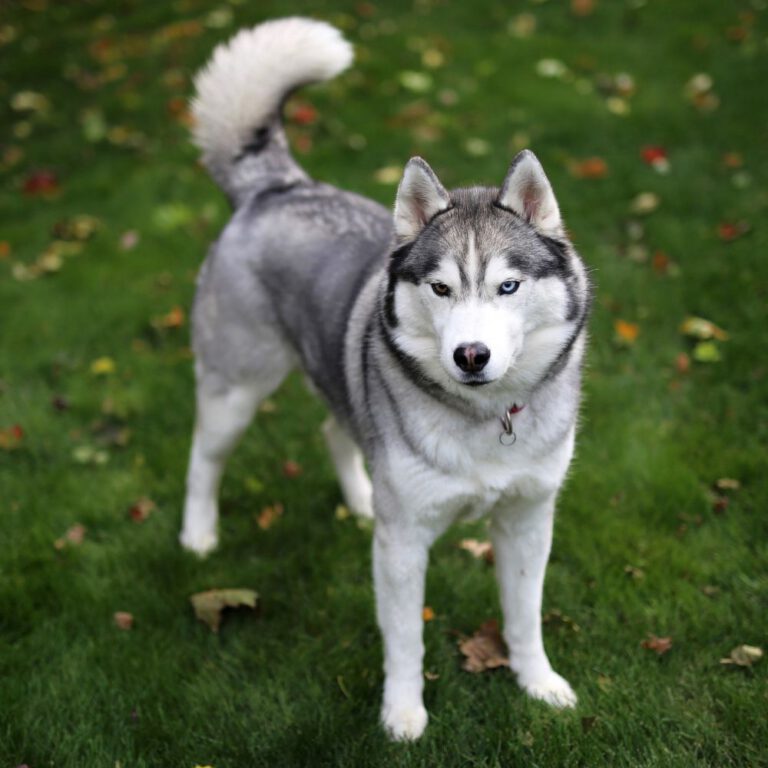Socialization and Introducing Dogs to New Environments or Other Pets
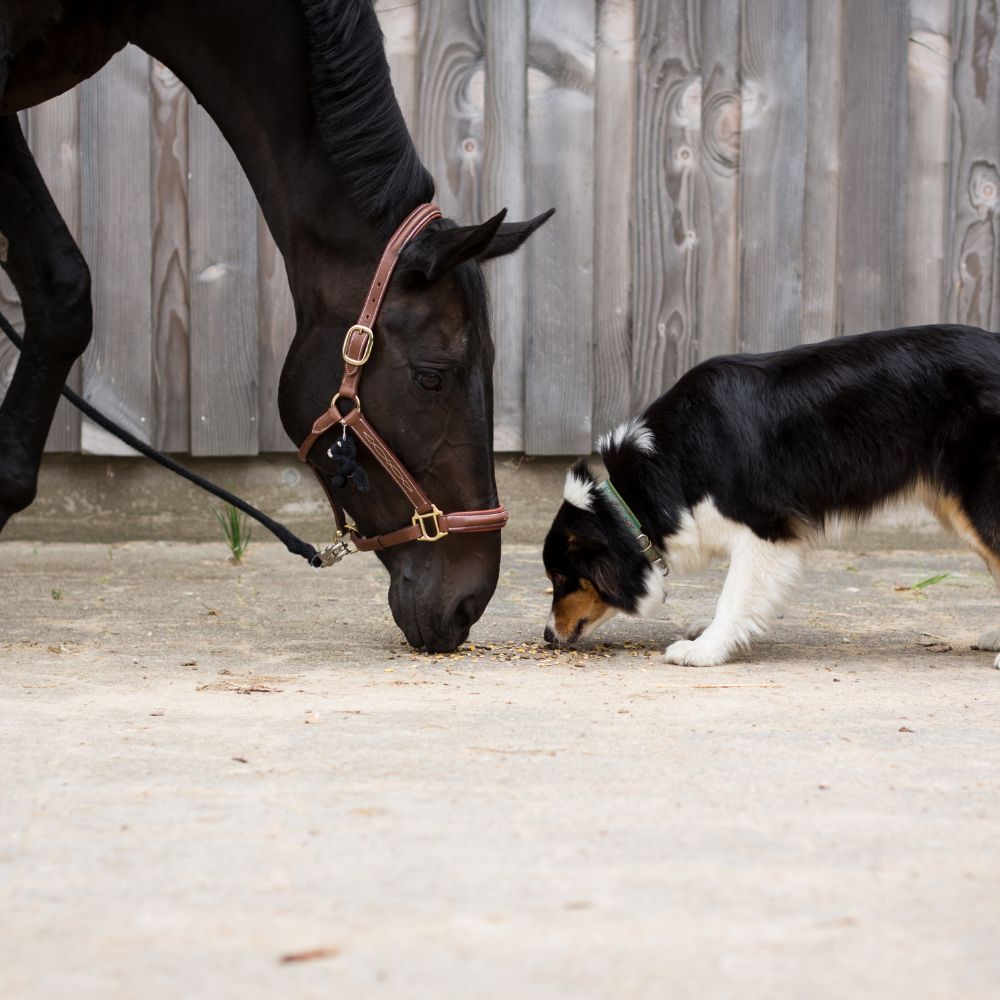
Socialization plays a crucial role in shaping a dog’s behavior and temperament, helping them adapt positively to various situations, people, animals, and environments. Properly introducing your dog to new experiences, environments, and other pets is essential for their well-being and helps prevent behavioral issues. Here’s how to facilitate successful socialization:
Understanding Socialization
Socialization is the process of exposing your dog to different stimuli in a positive and controlled manner to build their confidence and teach them appropriate behaviors. It typically begins in puppyhood but remains important throughout their life.
- Early Start: Start socializing puppies as early as possible (after vaccinations) to help them form positive associations with people, animals, places, and experiences.
- Positive Reinforcement: Use treats, praise, and calm reassurance to reward desired behaviors during socialization sessions.
Introducing Dogs to New Environments
When introducing your dog to new places or environments, follow these steps:
- Gradual Introduction: Start with quiet, low-stress environments and gradually expose them to busier places with different sounds, smells, and people.
- Positive Associations: Use treats and praise to create positive associations with new environments. Allow them to explore at their own pace while providing reassurance.
- Safety First: Ensure your dog is on a leash in unfamiliar places to prevent them from running off or getting overwhelmed.
Introducing Dogs to Other Pets
Introducing your dog to other pets, whether dogs, cats, or smaller animals, requires careful planning and supervision:
- Neutral Territory: Choose a neutral territory for the initial introduction to avoid territorial behavior. A park or a spacious room can work well.
- Controlled Interaction: Keep both pets on a leash initially and allow them to sniff and observe each other from a safe distance. Gradually decrease the distance as they become comfortable.
- Positive Reinforcement: Reward calm and friendly interactions with treats and praise. Separate them if tensions rise and try again later in shorter, supervised sessions.
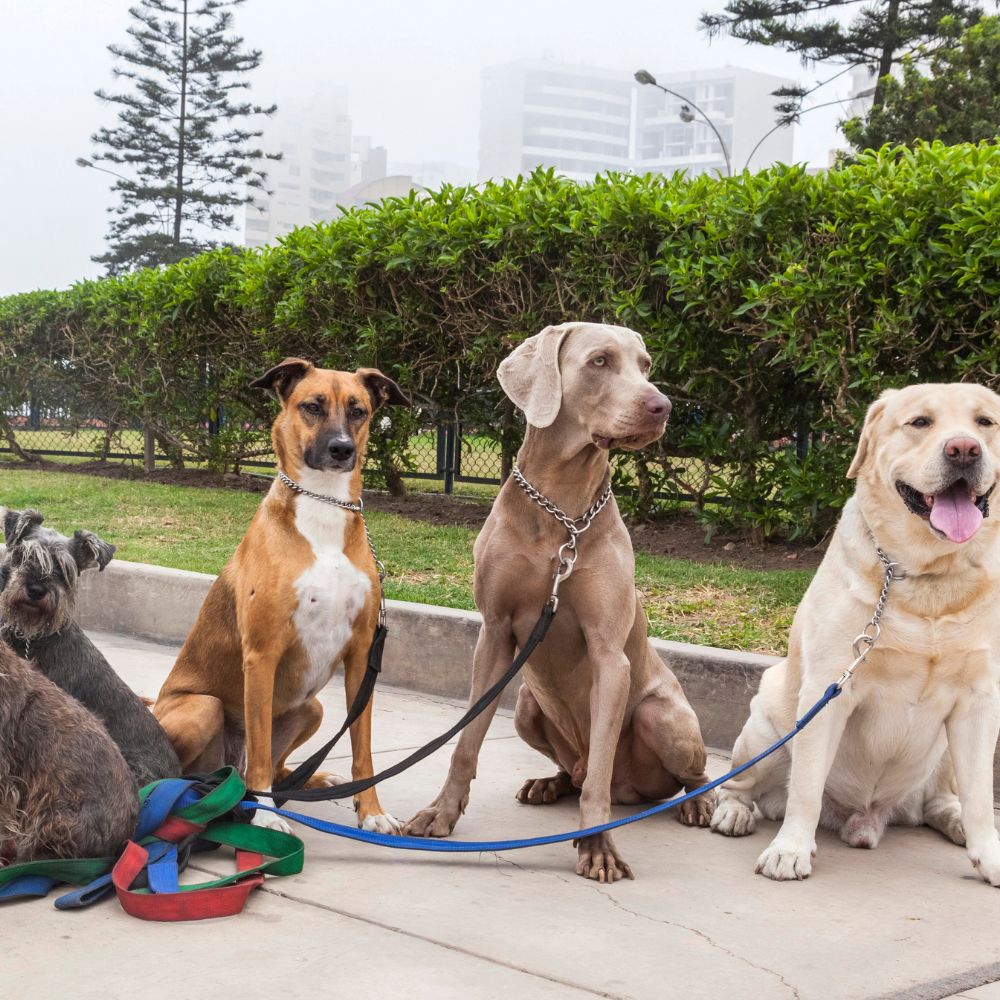
Tips for Successful Socialization
- Consistency: Regularly expose your dog to new experiences and environments to maintain their social skills and confidence.
- Patience: Each dog’s socialization journey is unique. Be patient and understanding, allowing them to progress at their own pace.
- Safety Measures: Always prioritize safety during introductions. Supervise interactions closely and intervene if necessary to prevent conflicts.
Signs of Successful Socialization
Relaxed Body Language: Your dog exhibits relaxed body postures, such as loose movements, soft eyes, and a gently wagging tail.
Friendly Interactions: They approach new people and pets with curiosity and without fear or aggression.
Adaptability: Your dog shows adaptability to new environments, remaining calm and confident in various situations.
Conclusion
Socializing your dog and introducing them to new environments and other pets are crucial for their mental and emotional well-being. By providing positive experiences, using rewards for desired behaviors, and ensuring safety and patience throughout the process, you can help your dog develop into a well-adjusted and sociable companion. Remember, socialization is an ongoing process that requires dedication and consistency to maintain your dog’s positive interactions and enrich their overall quality of life.
Related Articles
- Handling Common Behavioral Issues in Dogs
- Understanding Canine Body Language and Communication
- Leash Training: A Comprehensive Guide for Dog Owners
- Dog Training for Beginners: A Comprehensive Guide
Most Popular Social Breeds
- Shih Tzu
- Silky Terrier
- Chinese Shar-Pei
- Labradoodle
- Manchester Terrier
- Siberian Huskie
- Irish Setter
- Yorkshire Terrier
- Nova Scotia Duck Tolling Retriever
- English Bulldog
- West Highland White Terrier
- Welsh Springer Spaniel
- Staffordshire Bull Terrier
- Coton de Tulear
- Collie
- Cavalier King Charles Spaniel
- Golden Retriever
- Labrador Retriever
- Boxer
- Beagle
- Poodle
- Bichon Frise
- Irish Setter

